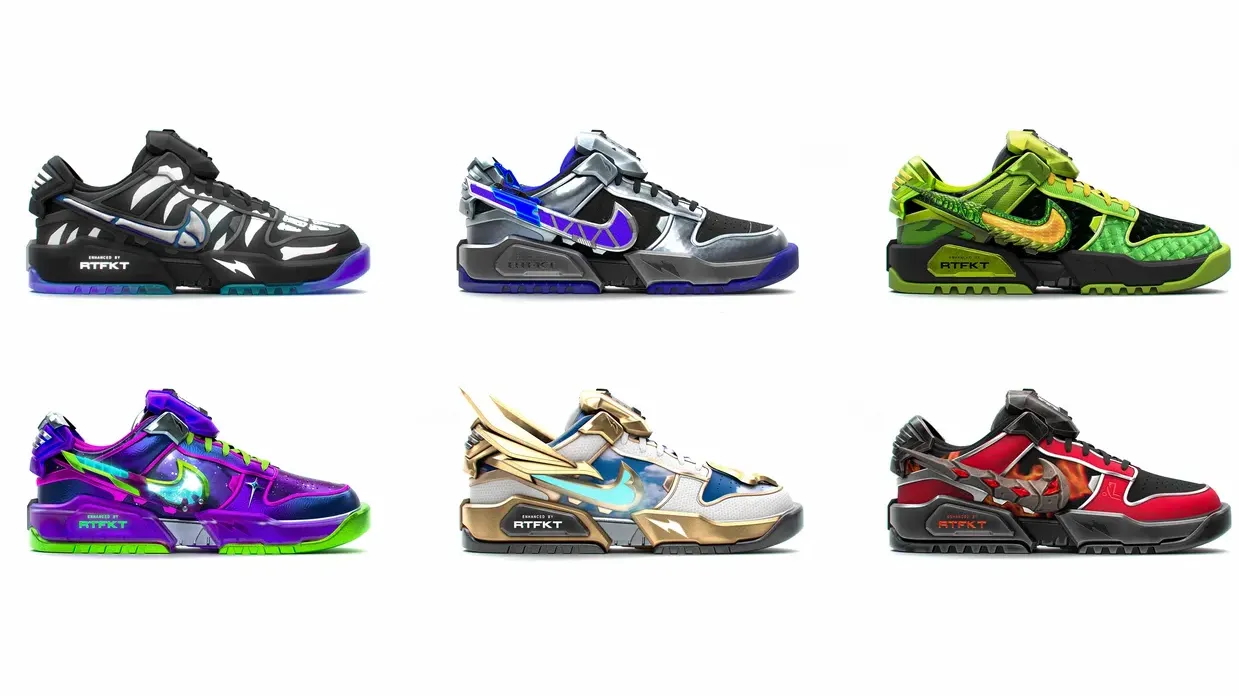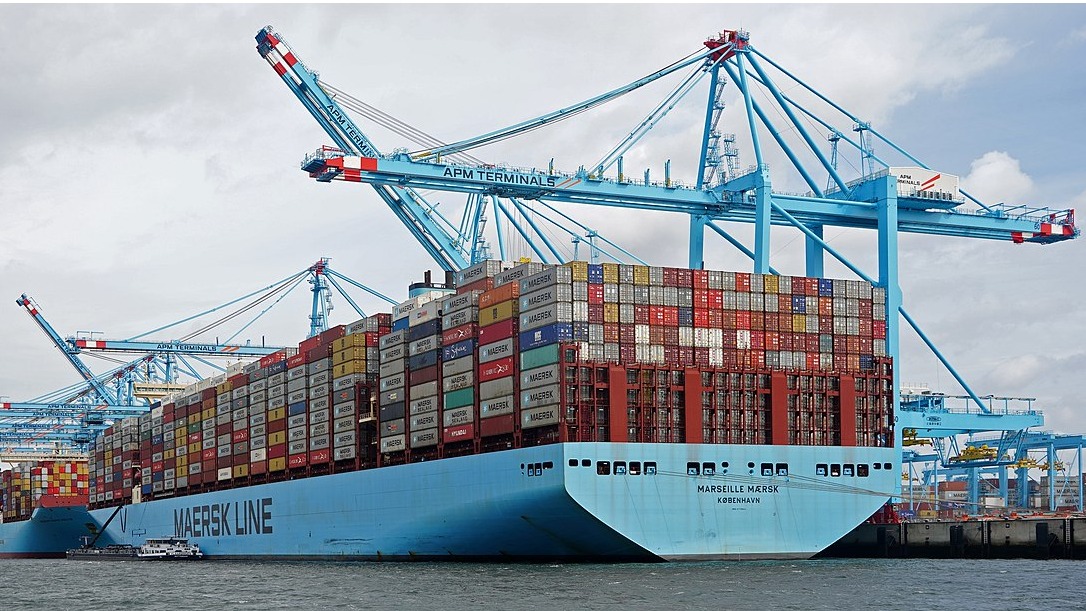Nike, the world's largest sportswear brand, has been hit with a $5 million proposed class-action lawsuit following the closure of its NFT subsidiary RTFKT (pronounced "artifact").
Filed on Friday in the Eastern District of New York, the lawsuit led by plaintiff Jagdeep Cheema alleges that Nike abandoned NFT investors by abruptly shutting down RTFKT in December 2024, leaving them with devalued digital assets.
The complaint accuses Nike of using its iconic brand to promote digital collectibles tied to sneakers, only to execute what plaintiffs describe as a "soft rug pull" after profits were made. Investors claim they were blindsided when Nike withdrew support, causing secondary market prices to plunge.
"One does not expect it from Nike, the international sports juggernaut with yearly revenue of around $50 billion. But that is what Nike did," states the complaint.
The lawsuit further alleges that Nike promoted unregistered securities in violation of US law without providing material disclosures that registration would have required. Plaintiffs claim they "would never have purchased the Nike NFTs at the prices they did, or at all" had they known the tokens were unregistered securities or that Nike would abandon the project.
Even if the NFTs are not classified as securities, the lawsuit alleges violations of consumer protection laws in New York, California, Florida, and Oregon through what it calls "deceptive acts" – building an ecosystem of rewards to boost NFT demand before pulling support.
Nike acquired RTFKT in December 2021, describing it as a fashion brand leveraging "cutting edge innovation to deliver next generation collectibles that merge culture and gaming." The company announced RTFKT's closure on 2 December 2024.
The legal status of NFTs remains unsettled, with ongoing debate about whether they should be classified as securities under federal law. Last month, SEC Crypto Task Force lead Hester Peirce suggested certain NFT projects could soon be exempted from securities classification.
Latest News
-
Asda chair says government harder to work with as sales fall
-
Boots to open second beauty concept store in Bristol
-
Primark appoints new CEO
-
M&S raises retail pay by 'inflation-beating' 6.4 per cent
-
Google Cloud to develop agentic AI infrastructure to shop and pay on behalf of customers
-
Retail poses the biggest health and safety risks of all UK sectors, says new research
Beyond Channels: Redefining retail with Unified Commerce
This Retail Systems fireside chat with Nikki Baird, Vice President, Strategy & Product at Aptos will explore how unified commerce strategies enable retailers to tear down these barriers and unlock new levels of operational agility and customer satisfaction.
The future of self-checkout: Building a system that works for consumers and retailers
In this webinar, industry leaders discussed what the future of self-checkout looks like and how retailers can make the technology work for everyone.
© 2024 Perspective Publishing Privacy & Cookies



.jpeg)








Recent Stories